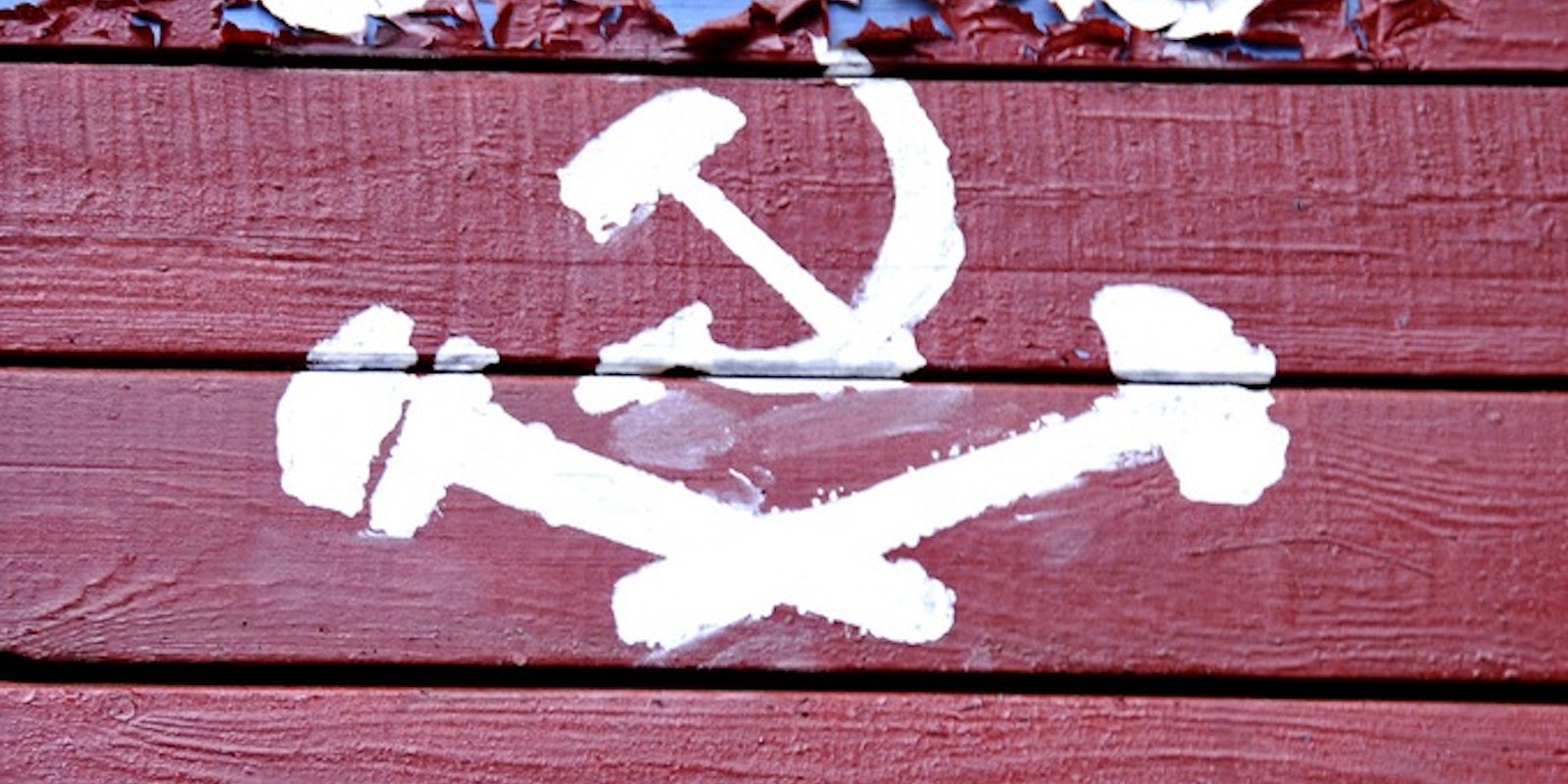It’s been more than two decades since the Cold War, and now Russia has a new enemy.
In what is being called a “cyber-war,” the Anonymous-related hacker group known as Team GhostShell has allegedly swiped 2.5 million Russian government accounts and records. The hack was retaliation against Russia’s long history as “a state of tyranny and regret,” Team GhostShell claimed in a PasteBin document.
“The average citizen is forced to live an isolated life from the rest of the world imposed by it’s politicians and leaders. A way of thinking outdated for well over 100 years now,” Team GhostShell member DeadMellox wrote. “The still present communism feeling has fused with todays capitalism and bred together a level of corruption and lack of decency of which we’ve never seen before.”
The hack is called Project BlackStar. And like the last three big projects the group has allegedly carried out in the past four months, the exact sort of documents and data stolen are unclear. Team GhostShell claims it targets this time range from big businesses to Russian law enforcement agencies.
Project BlackStar is the second alleged hack from Team GhostShell in the last month. On Oct. 2 the group hacked more than 120,000 records from schools including Harvard, Stanford, Princeton, the University of Michigan, and Texas A&M. The leaked data contained usernames and passwords to the schools’ networks, according to details posted on Pastebin.
Team GhostShell was also behind the alleged release of millions of personal records from the CIA and Wall Street this summer. The group’s profile recently rose when a Chinese security agency named it among the top threats to the country’s cybersecurity.
GhostShell’s latest operation was announced just one day after Russia’s new “Internet blacklist bill,” Bill 89417-6, took effect. The controversial legislation allows the Russian government to censor any site accused of illegally hosting copyrighted material by ordering the country’s Internet service providers to block access.
Photo by archer10 (Dennis)/Flickr
